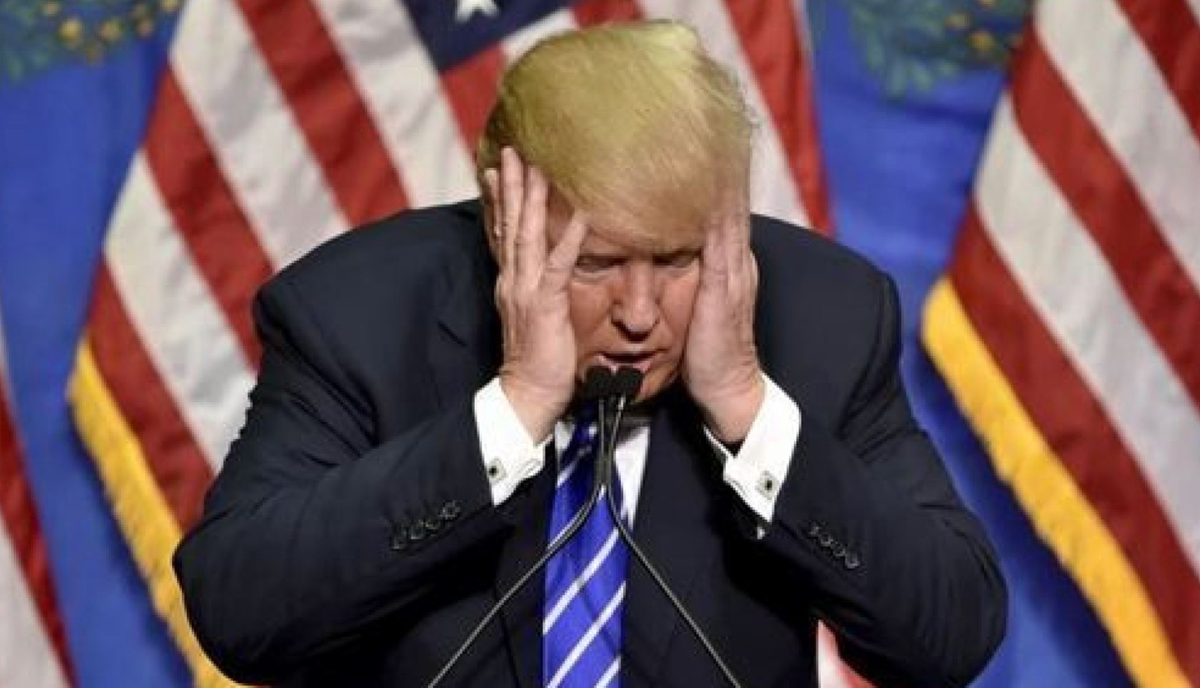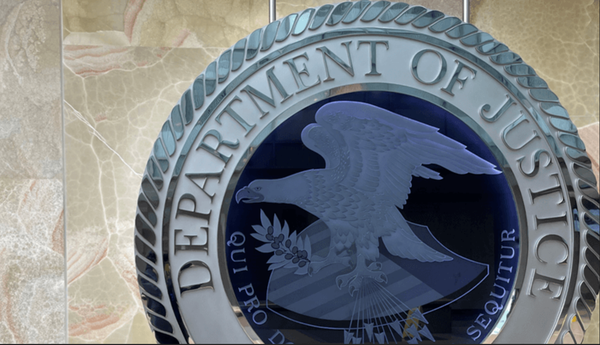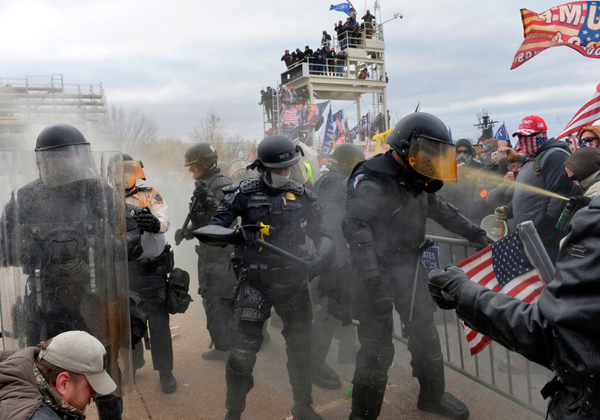The Worst Hundred Days

As Donald Trump lumbers towards the first major milestone of a new presidency this week, hitting the marker of the First Hundred Days, it's worth taking a moment to marvel at just how badly he's doing.
The latest polls show Trump's approval rating has already plummeted to an amazing 39%, which makes him the most unpopular president at the First Hundred Days mark since we started keeping track nearly a century ago. (Technically, Gerald Ford was a couple points lower thanks to his deeply unpopular pardon of Richard Nixon, but as someone who was never elected president – or even vice president – he's an outlier.)
That sounds bad on its own, but its even worse when you consider the context.
For starters, I should explain how we came to use the seemingly arbitrary milestone of the First Hundred Days in the first place. Like much of the modern presidency, this tradition traces itself back to Franklin D. Roosevelt.
In the 1932 campaign, FDR ran on an explicitly progressive agenda, promising massive changes to the political and economic structure of a country that had been battered by the Great Depression. Elected in one of the largest landslides ever, with political coattails that swept Democrats into massive margins in both Houses, FDR was able to hit the ground running in March 1933. He quickly racked up a dizzying array of legislative successes.
To address the paralyzed banking industry, for instance, FDR introduced massive reforms in the Emergency Banking Bill. The House took 38 minutes to debate the bill before passing, while the Senate moved almost as fast. FDR signed it into law the same day it had been introduced to Congress. The new law quickly went into effect and sparked an immediate turnaround in banking and investing. As FDR's advisor Raymond Moley later marveled, "Capitalism had been saved in eight days."
FDR and Democrats in Congress worked together to enact a wide array of major new laws. By the time they adjourned on June 16, 1933 – a hundred days into his term – FDR had sent them fifteen major pieces of legislation and all fifteen passed. The banks had been saved, major reorganizations had been made to farming and industry, an incredible amount of direct relief and public works spending had been allocated, phenomenal progress had been made in conservation and public power, and he'd even gotten beer back on the streets.
It was, without a doubt, the most momentous one hundred days in American political history since the Revolution. And, as a result, it became the benchmark for all the presidents who came after him.
Now, we should note that it's a bit of an unfair benchmark. FDR came into office with an unmatched political mandate and an unrivaled circumstance in which his party essentially had 2-to-1 margins in Congress. Only LBJ had a situation even remotely close to that and, as a result, only LBJ had the same kind of successes on the legislative front. That said, even his big successes – the Civil Rights Act, Medicare and Medicaid, the Immigration and Naturalization Act, etc. – came outside the tight window of a hundred days.
In fairness, we should note that this sort of metric doesn't really work well for conservative presidents. Their rhetoric about "limited government" doesn't involve the same kinds of goals of passing new laws and creating or expanding massive government programs. But there are ways for us to measure their effectiveness, as popular conservative presidents make their mark in other ways.
As I described in my second book and detailed in this piece for Esquire, Dwight Eisenhower used his own First Hundred Days to spark a religious revival that radically reshaped American political culture. It began with an inauguration filled with religious nationalist notes, and became a common thread that ran throughout his early days. In just the first week of February 1953, for instance, Ike became the first president baptized in office, gave a televised address for the American Legion's "Back to God" campaign, presided over the first-ever National Prayer Breakfast, and introduced opening prayers to Cabinet meetings.
Through a flurry of activity, Eisenhower set into motion the religious revival that would lead to the adoption of "under God" in the Pledge of Allegiance the next year and the embrace of "In God We Trust" as the national motto two years after that. He didn't sign into law a flurry of legislation like FDR, but I'd argue (and I have!) that Eisenhower's First Hundred Days made about as significant a mark on the United States as anything.
So there are different paths to success, and Roosevelt and Eisenhower each found their own way. We don't have an exact figure for FDR's approval rating in 1932 – pollsters didn't start doing that until his third term, when they found it was 68% – but from the thunderous applause in the public and press reaction to his moves, we can assume it was pretty, pretty good. We do have the numbers for Ike, though, and they're also quite strong, with a whopping 74% approval.
Again, in sharp contrast, Donald Trump is down at 39%. And I'd argue, that's largely because he's failed at both of the models above.
Even though his party has control of both houses of Congress, the margins there are razor-thin and the congressional leadership laughably incompetent, so it's no surprise that Trump hasn't even introduced major legislation, much less secured its passage. He's been content to neuter Congress, while the GOP "leadership" there has been more than happy to let itself be neutered.
Instead of working with Congress to get things done, Trump has resorted to signing an endless array of executive orders. Despite the media's weird habit of conflating EOs with actual laws, they're not remotely the same. The major issues he's making noise about – ending a federal department, stopping a massive program – were created by legislation and can only be undone with legislation. Despite the drama of his stupidly scrawled Sharpie signatures, most of these EOs are just political theater with no force behind them.
Again, "political theater" can still work wonders, as we saw with Eisenhower. But Trump hasn't pulled off anything like Eisenhower's dramatic campaign to make America religious again. While Ike had discipline and focus, Trump has been all over the place with his culture war nonsense, lurching from small stupidities like the "Gulf of America" renaming to deranged belligerencies like "annexing" Canada. He's everywhere all over the map (figuratively as well as literally) which means that he's really nowhere.
A grand unified vision isn't manifesting, but a million different nightmares are.
That's why Trump, who held the previous worst record for approval ratings at this mark, has now managed to tunnel through to claim an event worse record now.
And make no mistake – this number will get worse.
While it's always dangerous for historians to make predictions about what's to come, the impact of his insane tariff policy is now practically guaranteed. In a few weeks, Americans are going to be hit with severe shortages of goods in several sectors, and significant price hikes on what little they can get there. There will be major blowback from consumers and Trump has made it clear that he and he alone deserves all the credit here.
It's hard to say just how much lower he can go, given how much the MAGA cult will refuse to admit Dear Leader ever did anything wrong, but I suspect we're going to find his floor pretty soon.
Buckle up.



